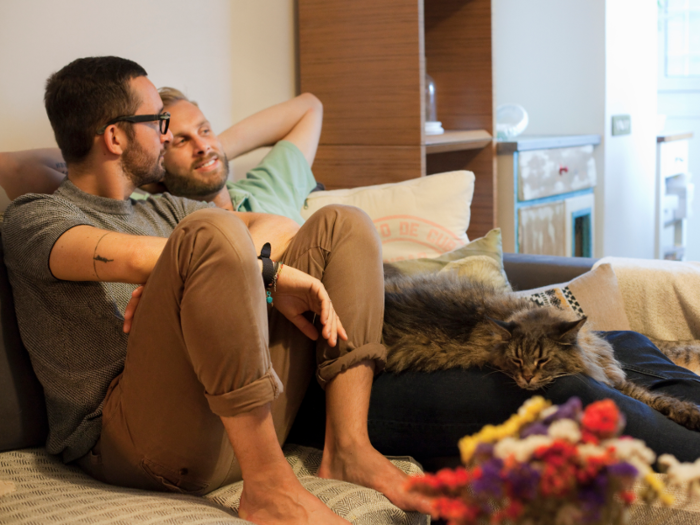2. Dishonesty is likely to be a big issue
Creating a website and paying someone to find you a partner runs the same risk as other online dating apps. When trying to attract a partner, you're most likely going to show all your positive qualities. This is to be expected. After all, who wants to go on a date with someone who reveals they're messy, irritable, and deeply in debt?
In addition to leaving out a few unflattering details, you might also be tempted to stretch the truth. According to research conducted by eHarmony, 53% of people lie on their online dating profiles. Women are more likely to make themselves look more attractive in photos, while men are more likely to lie about their jobs to appear more successful.
Asking people to submit potential partners to you in exchange for money might attract even more deception. Rather than say, "My friend is unemployed, lives with her parents, and has several restraining orders against her from past partners," those nominating someone in hopes of getting a $25,000 reward might be more motivated to say something like, "Once you meet her, you'll never forget her."
3. Most successful couples meet through friends
Meeting someone through an online matchmaker means you're going to strike up the conversation with your potential suitor online. And online communication can easily give a false sense of intimacy.
Whether you send text messages or emails, you're likely to "fill in the blanks" about that person. You might make assumptions about them based more on wishful thinking than reality, and your in-person meeting may not live up to those expectations.
Your best bet for finding a partner is through the network you already have in place. According to survey results reported by Bustle in 2018, 39% of couples meet through friends. That may not come as a surprise since your friends know you — the "real you." They're likely to understand what sort of person is likely to be compatible with you.
So if the people who know you well can't find anyone they think is a good match for you, asking a complete stranger to find someone you'll connect with is a tall order.
4. Money may lead to the wrong motivation
Reality dating shows have proven that many people can fake falling in love for the wrong reasons. Whether a musician is secretly seeking fame, or a bachelorette is hoping her TV debut will launch her career as a reality star, you can't always tell who is genuine when there are additional perks earned by romance.
Who's to say that someone won't pretend to be interested in you just so they can split half of the $25,000 with the friend who nominated them (a deal that might be privately hatched behind the scenes)?
Consider it an adventure, not a sure-fire way to meet "the one"
There's always a chance that a creative endeavor could beat the matchmaking odds. But if you decide to pay someone to find you a partner, you may want to look at it as an adventure that might work out, rather than a strategy that is definitely going to find you a soul mate.




